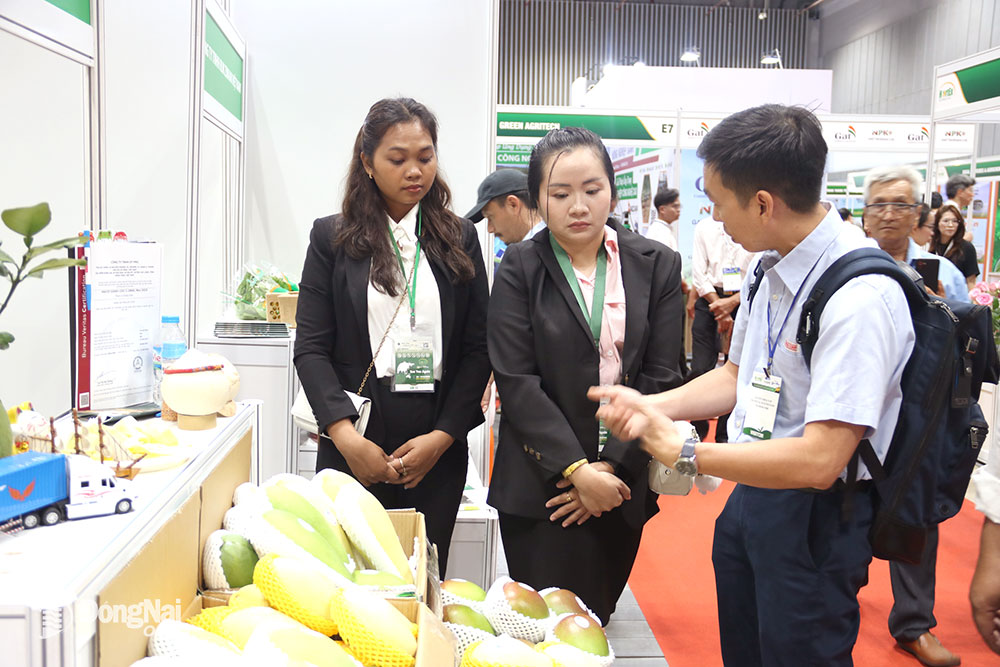(ĐN)- Vietnam’s agricultural sector remains a key driver of the country’s exports, reaching over $62 billion in 2024. With abundant potential, Vietnam continues to invest in agricultural production, processing, and expanding global market access. However, businesses still face challenges, including high logistics costs, lack of export certifications, and insufficient market insights.
 |
To enhance competitiveness, businesses must adopt modern management practices, apply high technology, and develop long-term strategies. Industry experts emphasize the importance of leveraging local resources, utilizing AI, and adopting multichannel sales to meet global demand.
With the shift toward high-tech agricultural practices, Vietnam’s agricultural exports are on a strong upward trajectory. For example, Dong Nai’s agricultural exports neared $2 billion in 2024 and are expected to surpass $3 billion in 2025 with better supply chain integration.
Experts recommend prioritizing processing and preservation technology to meet stringent international standards, especially in markets like the U.S., Europe, and Japan. Additionally, businesses should capitalize on Vietnam’s free trade agreements for tariff advantages and explore emerging markets, including the Halal food sector.
By focusing on branding, quality, and sustainability, Vietnamese agriculture can secure a stronger position in the global market, ensuring long-term growth and stability.
Reported by V.G



Thông tin bạn đọc
Đóng Lưu thông tin